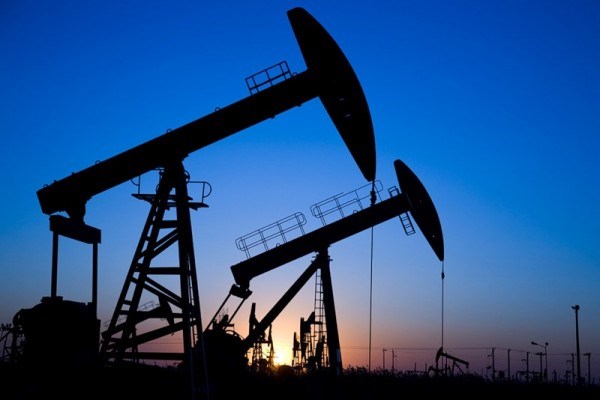Russian investigation: Oil contamination incident resulted from multi-million dollar theft
On Tuesday Russia’s Investigative Committee released the first results of its investigation into the incident where the contamination of Russian oil led to the temporary suspension of oil transit through the Druzhba pipeline, which accounts for around 20% of the country’s oil exports.
According to the investigation, the oil with organic chlorine compounds capable of “eating” pipes and refinery equipment ended up in Transneft’s system as the result of an embezzlement scheme.
The six suspects, which include Nefteperevalka CEO Svetlana Balabay, her deputy Rustam Khusnutdinov, Petroneft Aktiv CEO Vladimir Zhogolev and Magistral deputy director Sergey Balandin, are believed to have repeatedly stolen oil between August 2018 and April 2019.
In order to cover up their theft, the criminal group replaced the stolen oil with a blend that did not meet GOST standards through the node in Nikolayevka.
From there, the oil with high chlorine content ended up in a reservoir in Lopatino, and then in the main pipeline. As a result, eight of the reservoirs in Lopatino were damaged to the point where they cannot be used.
Four of the suspects have been arrested and the other two have been placed on the wanted list. They have been charged with theft, damage to an oil pipeline, and involvement in a criminal association.
The investigation is still underway and is being overseen by the Federal Security Service offices in the Samara province.
The transit of proper quality Russian oil through the Druzhba pipeline is expected to return to normal in the second half of May, once all three pipelines have been cleaned, Russian Energy Minister Alexander Novak announced on Tuesday during a session of parliament. He clarified that clean Russian export oil will reach the Ust-Luga port on the Baltic Sea by 8 May, and that oil transit to the Ukrainian station in Brody resumed on 6 May.
“This is a bad incident, which to some extent undermines trust in how the system works,” remarked Russian Prime Minister Dmitry Medvedev.
In order to prevent a repeat occurence, the Ministry of Energy proposes to take samples every day (instead of every 10 days) and to increase the fines to 2% of a company’s turnover (instead of the present 300,000 ruble fine), Novak noted.
